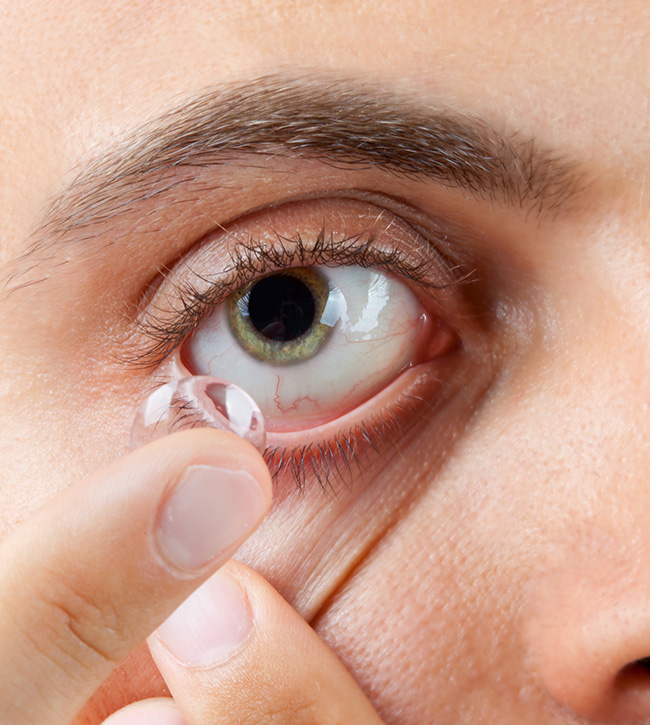Our vision is a critical sense. Vision loss is when there is any deviation in the ability to see. Vision loss can include cloudy vision, blurred vision, blind spots, double vision, tunnel vision, or poor night vision.
Eye symptoms that you might see in addition to vision loss include:
- Dilated pupils that don’t respond to light
- Pain
- Discharge
- Red, irritated, or itchy eyes
- A white pupil
- Increased sensitivity to light
These things can happen to both eyes or just one and sometimes can be sudden or occur over time.
If you begin to have blurred vision over time, it isn’t always indicative of a severe health risk. Sometimes your vision prescription might be changing. Get to your doctor when you have a chance to get an eye exam and update your vision prescription. You might need glasses or contacts.
Many different factors can cause vision loss. It can be the eyes themselves being damaged or aging. External factors such as diabetes or high blood pressure can also cause vision loss. Of course, any trauma to the eyes or head can cause vision loss as well. Some side effects of medications can even cause or contribute to vision loss, so be sure to tell your doctor everything you are taking.
An ophthalmologist should promptly evaluate any vision loss as it can signify a more serious medical problem or a developing eye disease.
Contact Grosinger, Spigelman, and Grey today for a comprehensive eye exam if you have had any vision loss symptoms.



